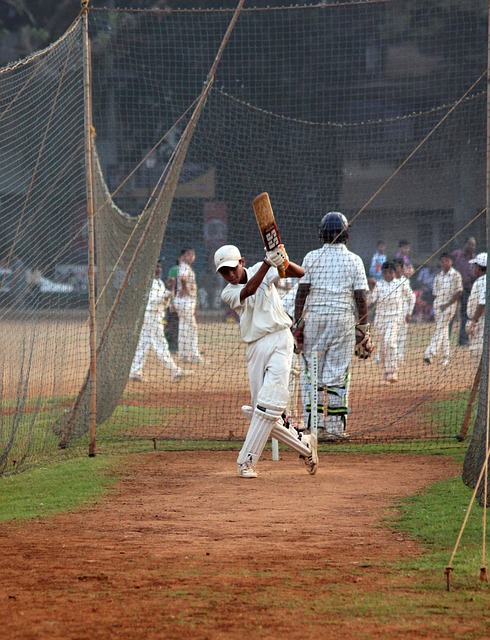Utilizing Predictive Analytics for Weather-related Security Planning in Cricket Matches
bet book 247 sign up, radhe exchange app download, bethub777: Cricket is a game that heavily relies on weather conditions for successful gameplay. Rain, wind, and other weather-related factors can significantly impact the outcome of a match. Therefore, it is crucial for cricket teams and event organizers to have a comprehensive weather-related security plan in place to ensure the safety of players, spectators, and staff.
Utilizing predictive analytics for weather-related security planning in cricket matches can be a game-changer. Predictive analytics involves using historical weather data, current weather conditions, and advanced forecasting techniques to predict future weather patterns accurately. By leveraging predictive analytics, cricket teams and event organizers can make informed decisions about match scheduling, player safety, and spectator comfort.
Here are some key ways predictive analytics can be used for weather-related security planning in cricket matches:
1. Historical Weather Data Analysis: By analyzing historical weather data for specific match locations, teams and event organizers can identify trends and patterns in weather conditions. This information can help them anticipate potential weather risks and plan accordingly.
2. Advanced Forecasting Techniques: Predictive analytics tools use advanced forecasting techniques to predict weather conditions with a high degree of accuracy. By using these tools, cricket teams and event organizers can stay ahead of changing weather patterns and make real-time decisions to ensure the safety of everyone involved.
3. Real-Time Weather Monitoring: Predictive analytics tools can provide real-time updates on current weather conditions, such as temperature, humidity, wind speed, and precipitation. This information is invaluable for making on-the-spot decisions about match play, player substitutions, and crowd management.
4. Contingency Planning: In the event of adverse weather conditions, predictive analytics can help cricket teams and event organizers develop contingency plans to ensure the safety and well-being of players, spectators, and staff. These plans can include rescheduling matches, moving spectators to safer locations, or even canceling matches if necessary.
5. Risk Assessment: By using predictive analytics to assess weather-related risks, cricket teams and event organizers can proactively identify potential hazards and take preventive measures to mitigate them. This can help minimize the impact of adverse weather conditions on match outcomes and overall event success.
6. Stakeholder Communication: Predictive analytics can facilitate effective communication with stakeholders, such as players, coaches, spectators, and media. By keeping everyone informed about weather-related developments and contingency plans, cricket teams and event organizers can ensure a smooth and safe match experience for everyone involved.
FAQs:
Q: How accurate are predictive analytics tools for weather forecasting?
A: Predictive analytics tools use advanced algorithms and data analysis techniques to generate highly accurate weather forecasts. While no forecasting method is 100% accurate, predictive analytics can provide valuable insights into future weather patterns.
Q: Can predictive analytics help with long-term weather planning for cricket matches?
A: Yes, predictive analytics can be used to analyze long-term weather trends and patterns, helping cricket teams and event organizers make informed decisions about match scheduling and venue selection.
Q: How can cricket teams and event organizers access predictive analytics tools for weather-related security planning?
A: There are several weather forecasting services and software platforms that offer predictive analytics tools for cricket teams and event organizers. These tools can be accessed online or through mobile applications for real-time weather monitoring and analysis.







